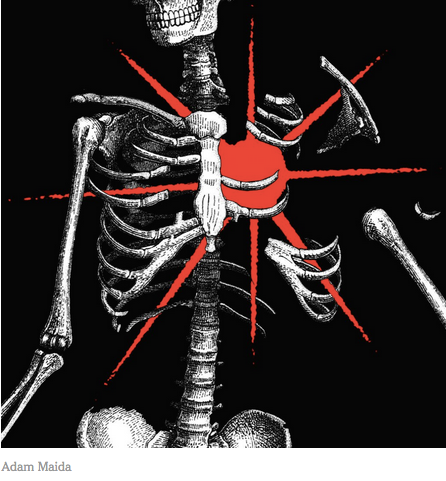Despite Dr. Tower’s repeated efforts to warn his colleagues and the company that the implants were harming patients, Johnson & Johnson continued to market metal-on-metal hips. While it withdrew the ASR XL model from the market in 2010, citing slow sales, it continued to sell another, similarly problematic model, the Pinnacle, until 2013.
More than 9,000 patients filed suit against the company, and on Nov. 16, six New York patients won a $247 million trial verdict for serious harms caused by the Pinnacle hip implants and for failing to warn doctors and patients about its dangers. These suits and others are pulling back the curtain on what some doctors call the Wild West of medicine: the untested and largely unregulated medical device industry.
About 32 million Americans — or about one in 10 — have at least one medical device implanted, from artificial joints to cardiac stents, surgical mesh, pacemakers, defibrillators, nerve stimulators, replacement lenses in eyes, heart valves and birth control devices.
These devices have helped countless people, and some have saved lives. But many others are harmed — and doctors and patients are at the mercy of manufacturers’ claims about the safety and efficacy of the devices. Medical interventions are now the third-leading cause of death in the United States, and devices play an increasing role in that statistic.




